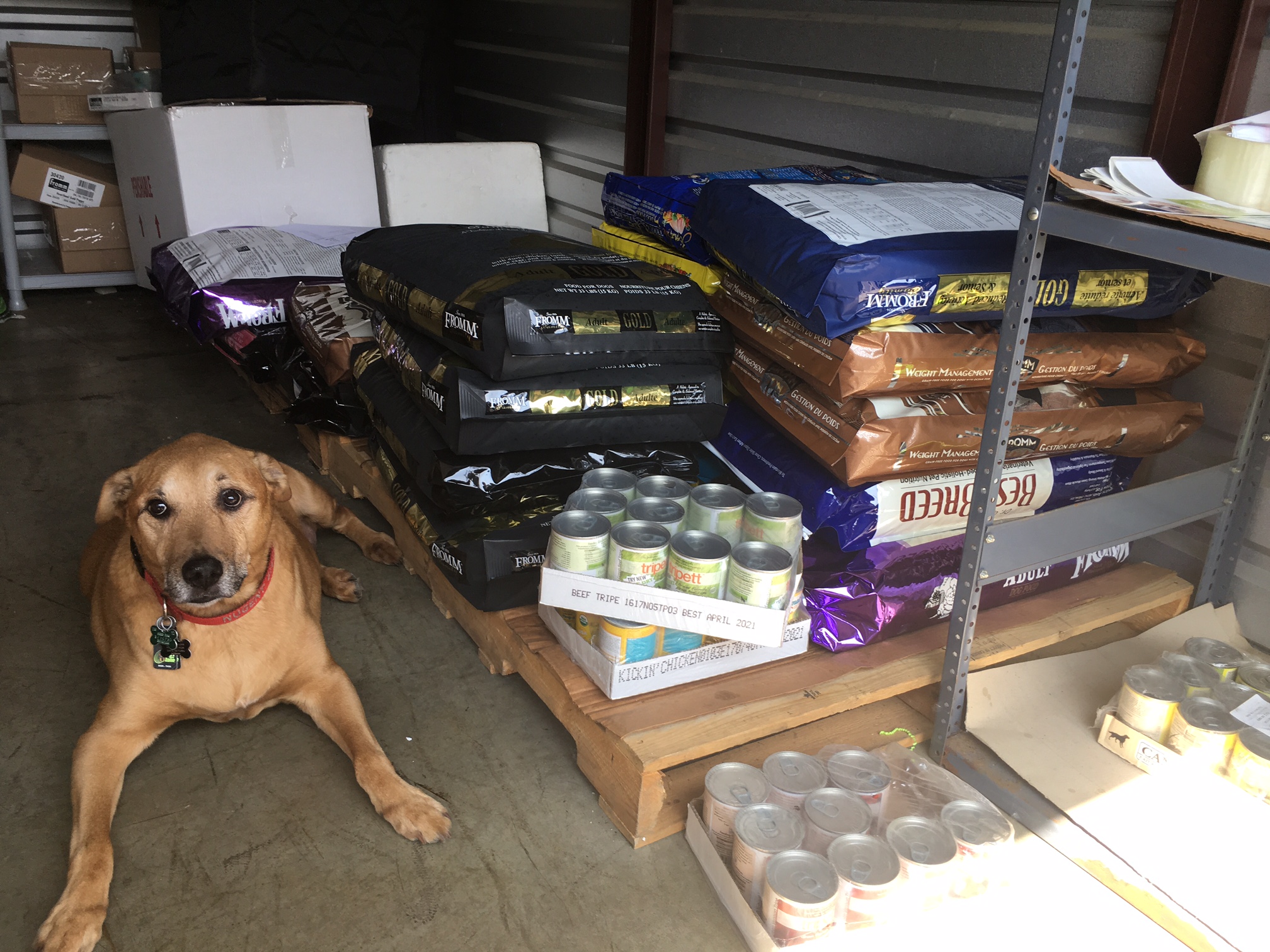



Contrary to popular belief, you should switch your pet's food occasionally.
Unless your companion is on a restricted diet for health reasons, it is okay, even a good thing, to rotate between a few high-quality foods.Dogs and cats are designed to consume a wide range of different foods and the various vitamins and minerals that they contain. Feeding the same food, year after year, can actually negatively affect your pet's health. Since there is no perfect food for every dog or cat, periodically rotating food ensures that there are no dietary deficiencies. It also helps prevent food boredom.
Most importantly, occasionally switching foods is HUGE in preventing the development of allergies. By exposing your pet's body to a variety of proteins, vegetables and fruits, you avoid constant exposure to the same ingredients and the development of allergies to those ingredients.
How often? It depends on your pet. Some dogs do well with abrupt changes as often as every week. Other dogs require a slow transition each time, so infrequent rotation (every few months) works best.
For example: my current dogs are raw fed and can eat a different protein at each meal - really!
My Great Dane was more sensitive and required a slow transition (she HATED actual raw food so she ate freeze-dried raw food or lightly-cooked, home-prepared food). Therefore, I rotated her to a different protein every 3 to 4 weeks.
Cats nearly always require a gradual switch to a new food. Especially if they have been eating one type of food since kittenhood.Many animals will experience a change in stool with a change in food. Keep an eye on your companion and adjust accordingly.
Remember, variety is critically important to your pet's diet. Appetite, skin and coat quality, and energy levels are the best indicators as to whether or not the food is compatible with your individual pet's body.
| | Home | | About Us | | Services | | Testimonials | | FAQs | | Contact Us | |